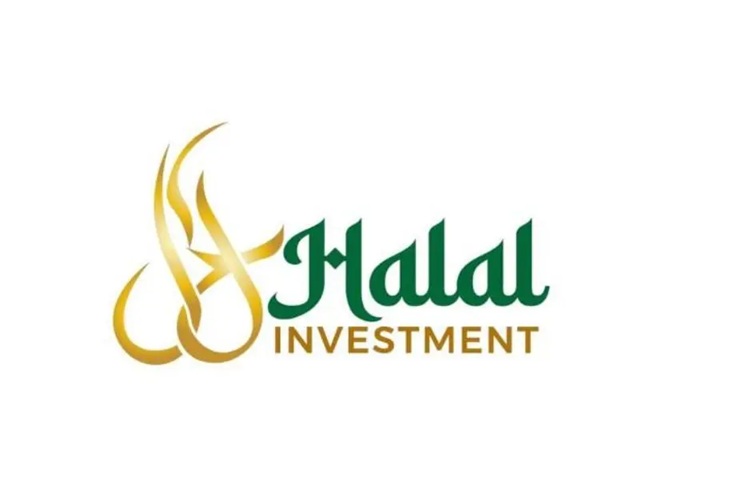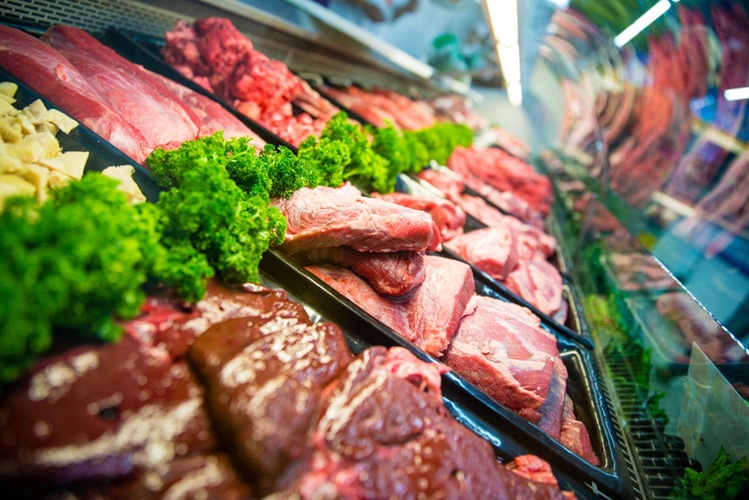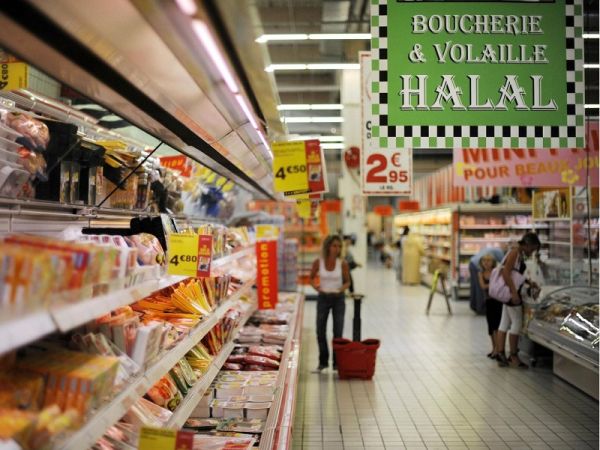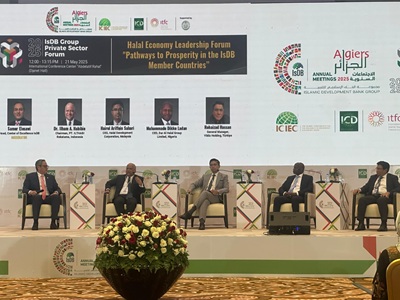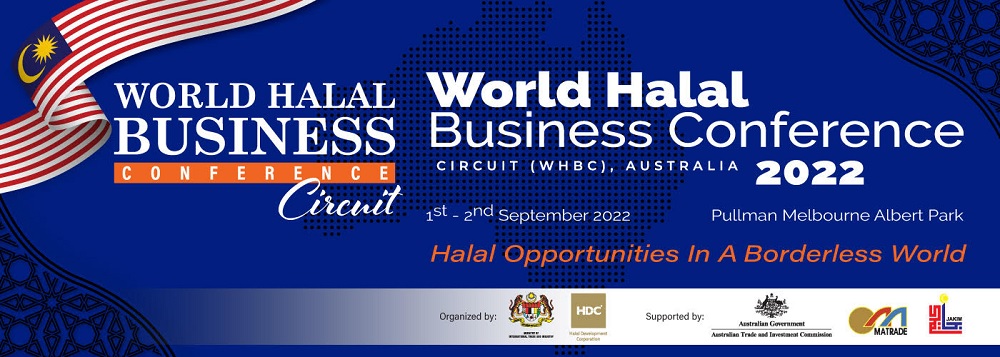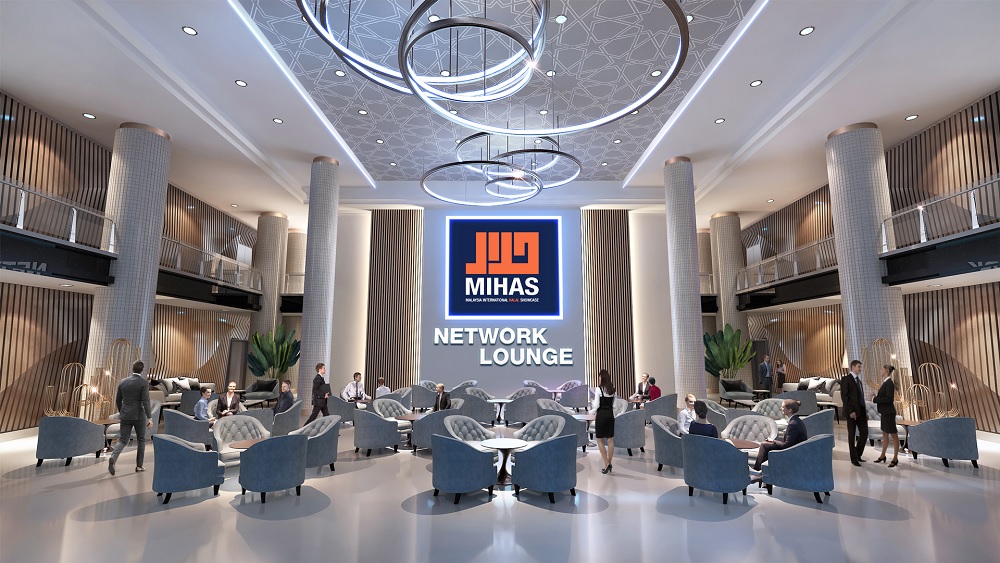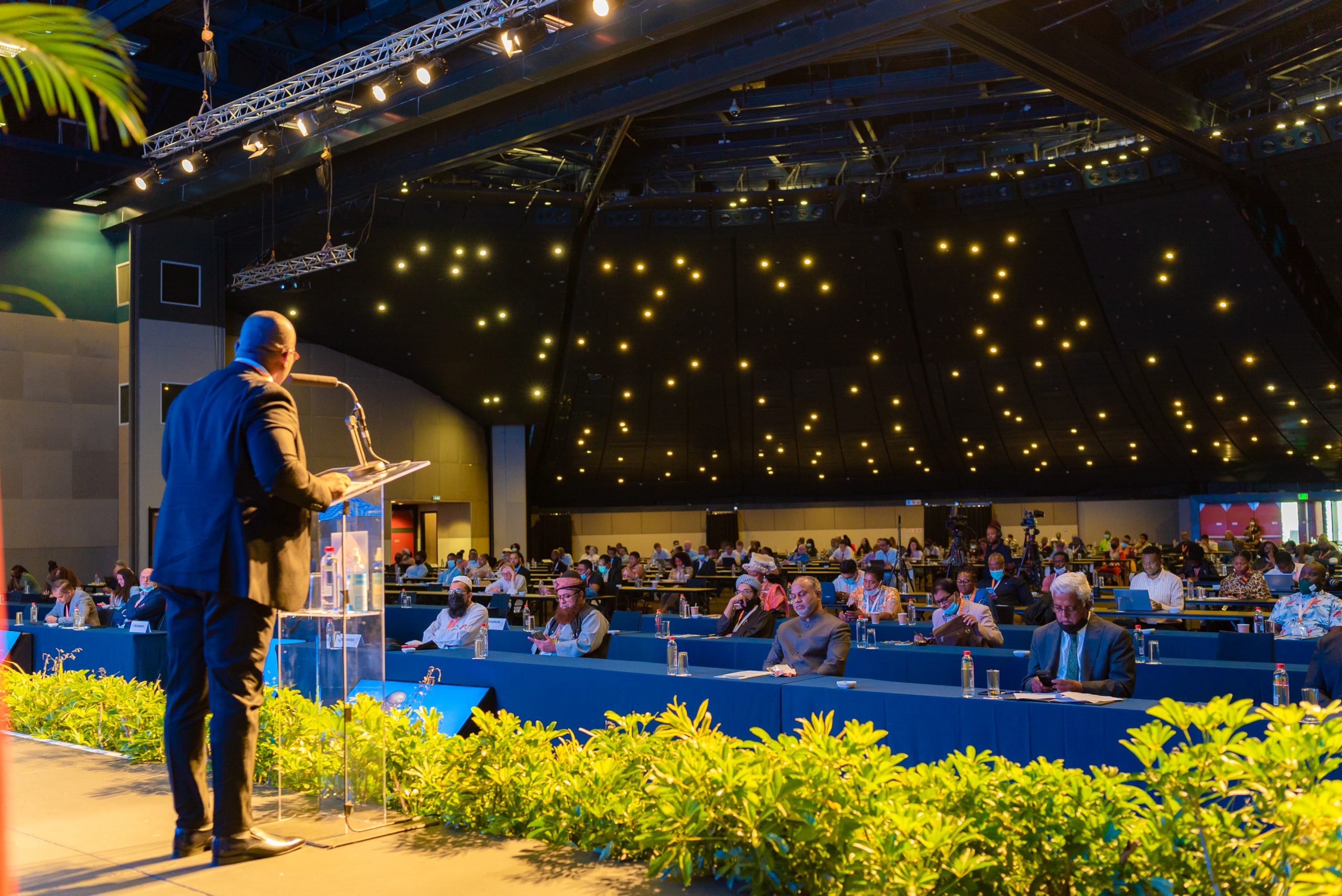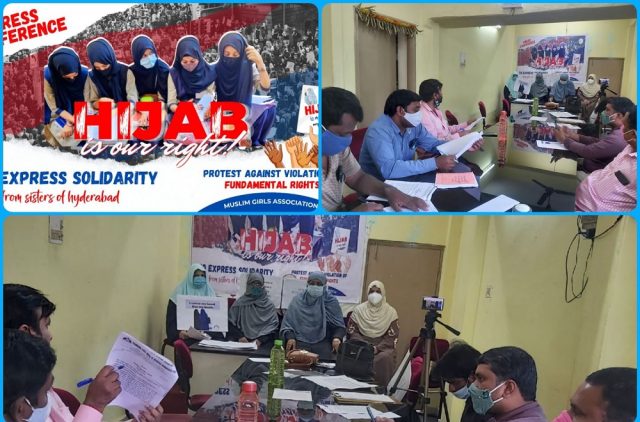Maeeshat News Network | Mumbai The global halal market, encompassing products and services compliant with Islamic Sharia law, is a dynamic and rapidly expanding sector, valued at USD 7.7 trillion in 2025 and projected to reach USD 10 trillion by 2030. For halal...
